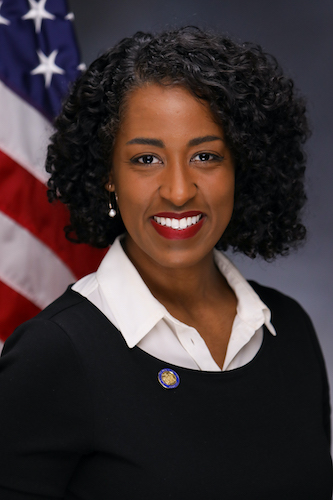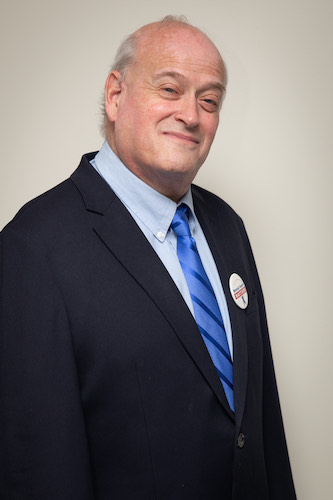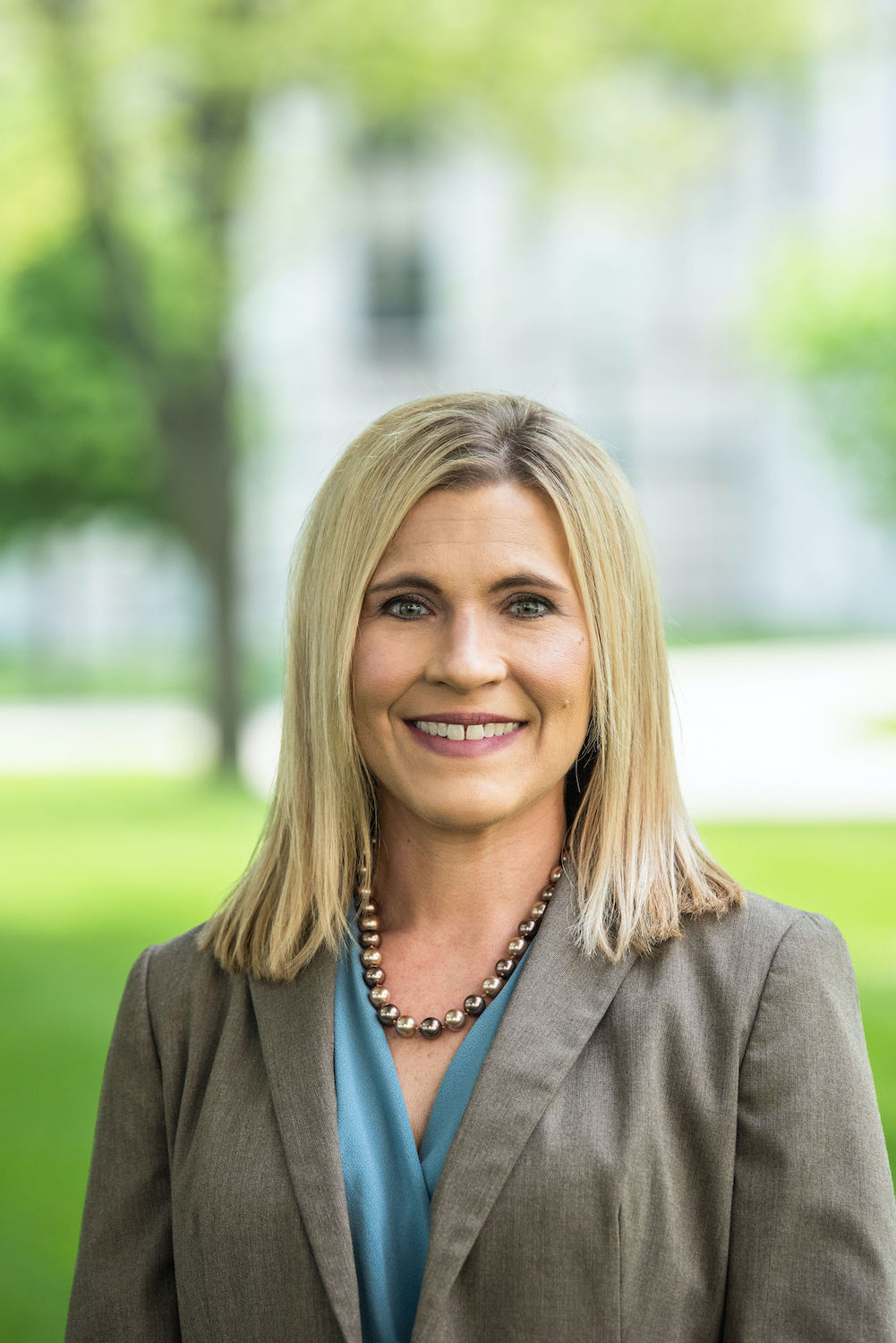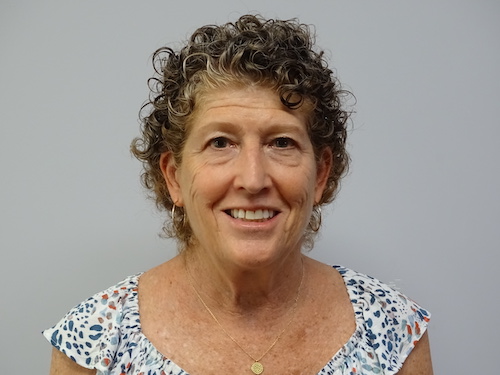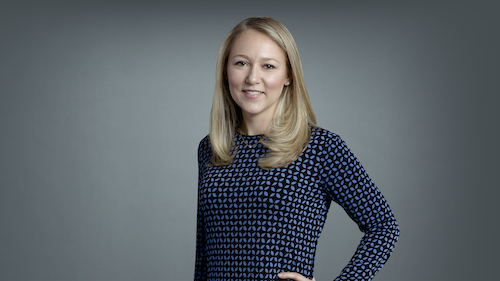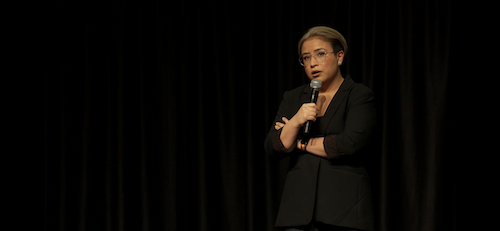The Mental Health Power 50
The government officials, medical professionals and nonprofit leaders serving New Yorkers struggling with mental illness.

Central Park West Francois Roux/Shutterstock
Year after year, mental health remains one of New York City’s biggest policy challenges, as lawmakers, mental health advocates and clinicians work on measures to reduce the stigma around mental illness, increase access to affordable services and reimagine how the criminal justice system responds to individuals with a mental health condition. In the past year, COVID-19 has only intensified these discussions as pandemic-related depression, anxiety, isolation, drug use and job loss increased the need for access to mental health services. City & State’s inaugural Mental Health Power 50 list – researched and written in partnership with journalist Cassandra Brooklyn – recognizes some of the most influential public officials, academics, health care professionals, advocates and activists who are making a difference in the lives of people living with mental illness.
1. Ann Marie T. Sullivan
Commissioner, New York State Office of Mental Health
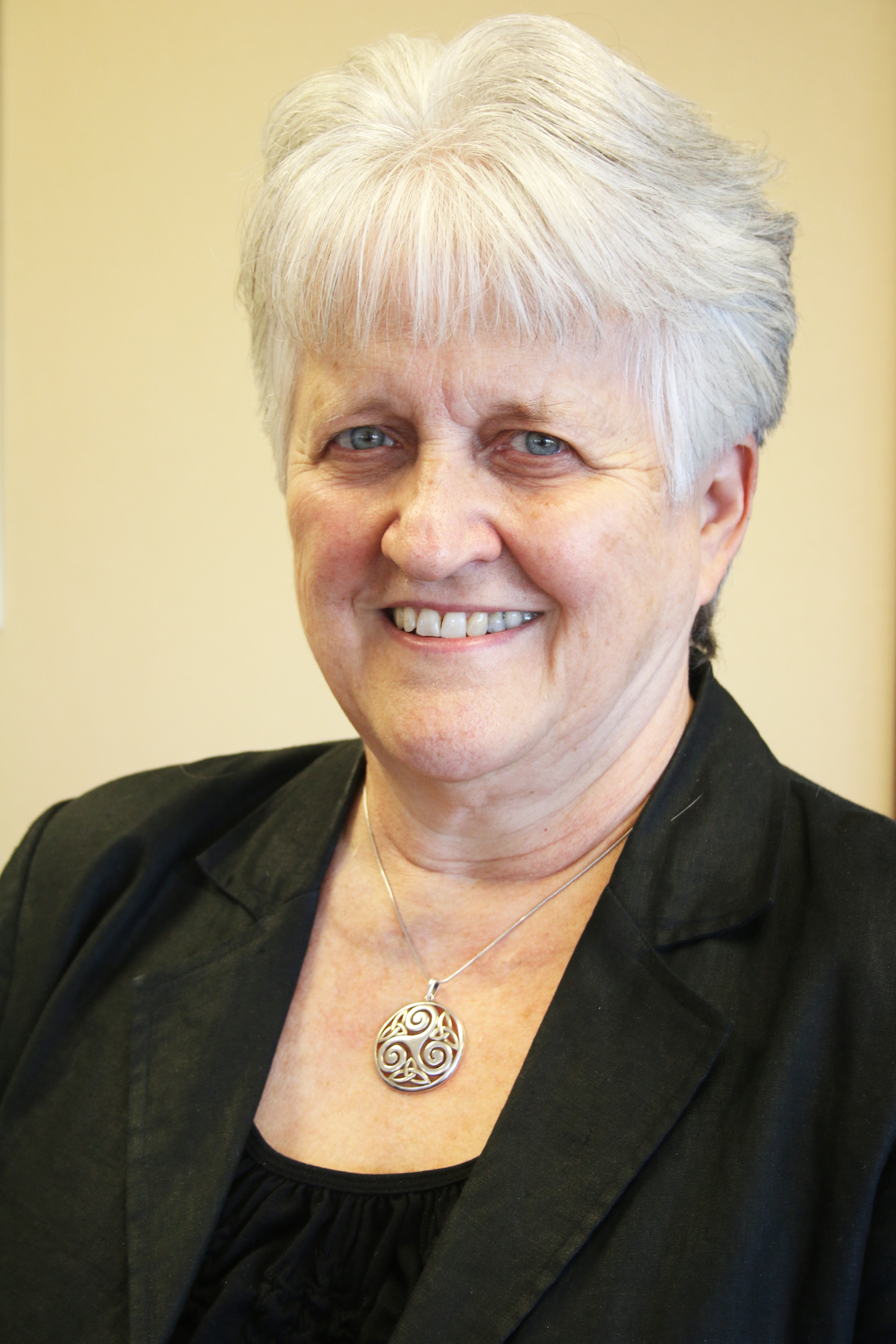
As the state’s chief public official on mental health, Ann Marie Sullivan oversees more than 4,500 local government and nonprofit programs serving over 700,000 individuals each year. Sullivan has continued to transition statewide services toward a community-based mental health model. Her office also launched the New York Project Hope Emotional Support Helpline in March 2020, which has handled more than 63,700 calls during the coronavirus pandemic.
2. Chirlane McCray & Susan Herman
New York City First Lady; Director, Mayor’s Office of Community Mental Health
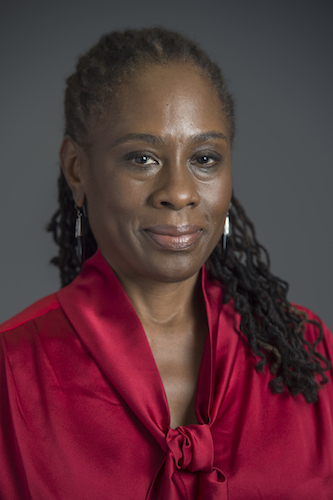
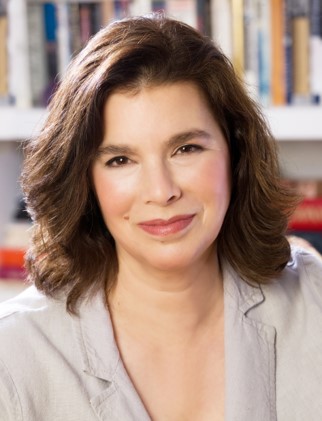
In addition to her role as first lady and one of her husband’s closest advisers, Chirlane McCray chairs the Mayor’s Fund to Advance New York City and is credited with creating the Office of ThriveNYC, an effort to integrate and build out existing mental health and substance abuse services. The budget and effectiveness of the program have come under scrutiny, and the office is now led by Susan Herman, a former deputy commissioner at the New York City Police Department and the first person to serve as deputy commissioner of collaborative policing.
3. Aileen Gunther
Chair, State Assembly Committee on Mental Health
A former registered nurse with decades of experience in the field, Assembly Member Aileen Gunther recently sponsored legislation – signed by Gov. Andrew Cuomo in November – to introduce a frontline workers care advisory council to develop recommendations addressing the mental health needs of essential workers during the COVID-19 pandemic. In her role as chair of the Assembly Mental Health and Developmental Disabilities Committee, she helped secure a deal raising the wages of professionals that provide direct care to New Yorkers with developmental disabilities and mobility limitations.
4. Paul Tonko
Member of Congress
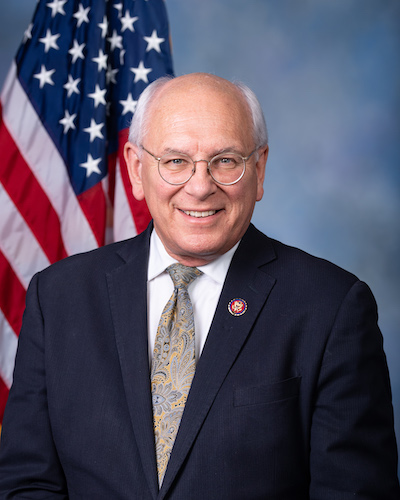
Now in his seventh term, Rep. Paul Tonko is pushing legislation to study how COVID-19 has impacted mental health, particularly among children and essential workers. He is currently fighting to bring $440 million in direct federal coronavirus aid to the municipalities he serves: Albany and Schenectady Counties and parts of Montgomery, Rensselaer and Saratoga counties. He is also backing a federal bill to increase Medicaid reimbursement rates for mental health programs from the current 50%-75% range to 90%.
5. Samra Brouk
Chair, State Senate Mental Health Committee
During her first term as a state senator representing Monroe and Ontario counties, Sen. Samra Brouk (along with Assembly Member Harry Bronson) introduced Daniel’s Law, a piece of legislation that would change the protocol for 911 responses to mental health emergencies and substance abuse crises in order to minimize the role of law enforcement and the use of force. The law is named after Daniel Prude, a Black man whose encounter with Rochester police, while he was experiencing a mental health crisis, resulted in his death.
6. Farah Louis
Chair, New York City Council Committee on Mental Health, Disabilities, and Addictions
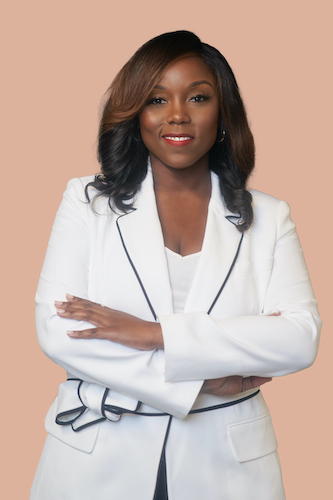
Lifelong Brooklynite and activist Farah Louis has elevated the issue of mental health to the forefront of her reelection campaign, calling attention to the dearth of services in communities of color. Newly elected as chair of the New York City Council’s Committee on Mental Health, Disabilities, and Addictions, Louis called Mayor Bill de Blasio to task in a recent budget hearing for not doing enough to “combat the racial disparities in mental health care,” the New York Post reports.
7. Amy Dorin
President and CEO, The Coalition for Behavioral Health
With demand for behavioral health services skyrocketing during the coronavirus pandemic, Amy Dorin’s organization – which serves 600,000 New Yorkers every year – is urging New York City and state to reimburse agencies for crisis-related costs incurred during the pandemic, and to provide incentive pay and counseling to direct care workers. A recent Coalition for Behavioral Health report showed that behavioral health agencies saw a 77% increase in demand for services while losing over $500,000 in revenue in the early months of the pandemic.
8. Glenn Liebman & Melissa Ramirez
CEO; Deputy Director, Mental Health Association in New York State
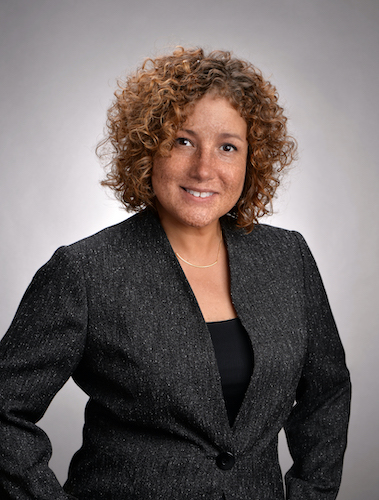
Under the leadership of Glenn Liebman and Melissa Ramirez, the Mental Health Association in New York State has fought tirelessly to end the stigma against mental illness and to promote mental health and wellness across the state – with services including advocacy and policy work, public education and access to supportive services for individuals and families. The organization has called attention to the “mental health pandemic” that continues even as COVID-19 restrictions are lifted.
9. Wendy Burch & Matt Kudish
Executive Directors, NAMI New York State; NAMI-NYC Metro
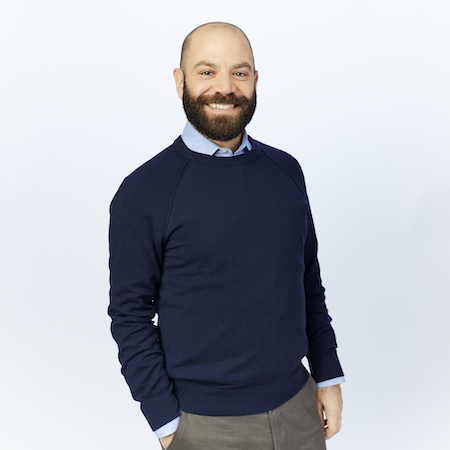
Matt Kudish’s New York City branch of the National Alliance on Mental Illness is one of the city’s leading organizations supporting families and individuals affected by mental illness. Under the guiding principle of “families helping families,” NAMI NYC-Metro has advocated for additional government resources to help New Yorkers struggling with the increased anxiety, depression, isolation and drug use associated with the coronavirus pandemic.. Kudish’s counterpart at the state level is Wendy Burch, who oversees programs with the National Alliance on Mental Illness New York State and works with local affiliates around the state. She pushed to create a 988 – as opposed to 911 – hotline to call for suicide prevention and mental health crises.
10. Corey Johnson
Speaker, New York City Council
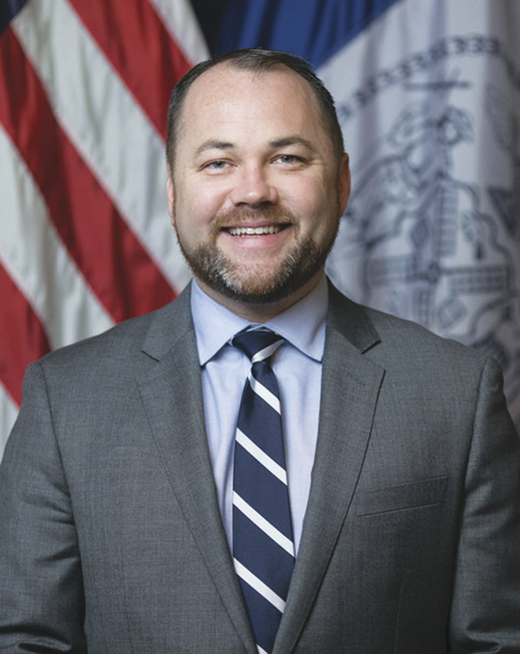
When City Council Speaker Corey Johnson bowed out of the 2021 mayoral race in September, citing his ongoing battle with depression, he shared his personal struggle with mental health in order to encourage others to do the same. “Too often mental health issues are shrouded in secrecy and stigmas,” he said. Johnson, who entered the race for New York City comptroller in March, applauded the recent expansion of mental health services in city schools.
11. Arlene González-Sánchez
Commissioner, New York State Office of Addiction Services and Supports
[[{"fid":"13700","view_mode":"default","fields":{"format":"default","field_file_image_alt_text[und][0][value]":"Arlene González Sánchez","field_file_image_title_text[und][0][value]":"Arlene González Sánchez"},"link_text":null,"type":"media","field_deltas":{"11":{"format":"default","field_file_image_alt_text[und][0][value]":"Arlene González Sánchez","field_file_image_title_text[und][0][value]":"Arlene González Sánchez"}},"attributes":{"alt":"Arlene González Sánchez","title":"Arlene González Sánchez","height":667,"width":1000,"style":"height: 334px; width: 500px;","class":"media-element file-default","data-delta":"11"}}]]
Arlene González-Sánchez has served as commissioner of the New York State Office of Addiction Services and Supports for over a decade. She oversees prevention, treatment and recovery services for an estimated 2.5 million New Yorkers struggling with an addiction, as well as providing training on opioid overdose prevention. The agency recently awarded a Nassau County nonprofit organization $208,554 for a mobile addiction treatment van.
12. Lorraine Cortés-Vázquez
Commissioner, New York City Department for the Aging
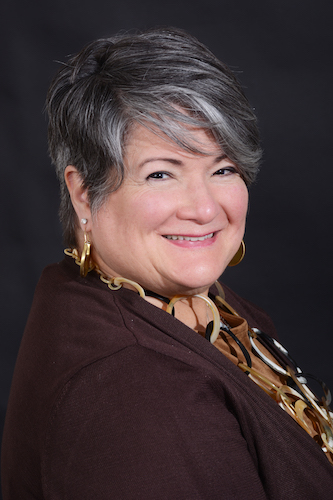
Lorraine Cortés-Vázquez is in charge of an agency dedicated to preserving the quality of life, health and safety of approximately 1.64 million older adults living in New York City. Though the coronavirus pandemic initially shuttered the nearly 250 senior centers that Department for the Aging funds across the five boroughs, many pivoted to offer pick-up meal services and the distribution of crucial information about coronavirus safety, vaccine access and mental health services. Cortés-Vázquez recently stated that senior centers will follow city safety guidelines as they resume indoor programming starting June 14.
13. Harvey Rosenthal
CEO, New York Association of Psychiatric Rehabilitation Services
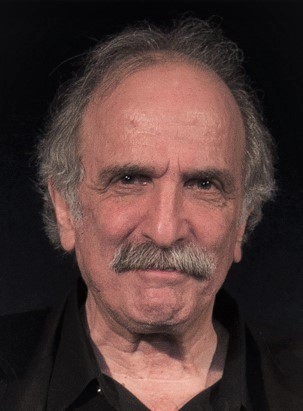
The coronavirus pandemic has only increased the demand for mental health services, including supportive online programming. One of the organizations helping to meet this growing need is the New York Association of Psychiatric Rehabilitation Services, which provides recovery-oriented, community-based health programs. Under the leadership of Harvey Rosenthal, the organization has launched a free webinar series providing courses on understanding isolation, healing through humor and counteracting burnout.
14. Donna Bradbury
Associate Commissioner, Office of Prevention and Health Initiatives, New York State Office of Mental Health
New York State Office of Mental Health Associate Commissioner Donna Bradbury now leads the newly created Office of Prevention and Health Initiatives after working in the agency's Division of Integrated Community Services for Children and Families since 2012. She previously worked at the Research Foundation for Mental Hygiene, first as a program specialist and then as coordinator of integrated community services. Her new office proposes policy and programs emphasizing primary and secondary prevention efforts for children, youth and adults and addresses social determinants of mental health.
15. Kimberly Williams
President and CEO, Vibrant Emotional Health
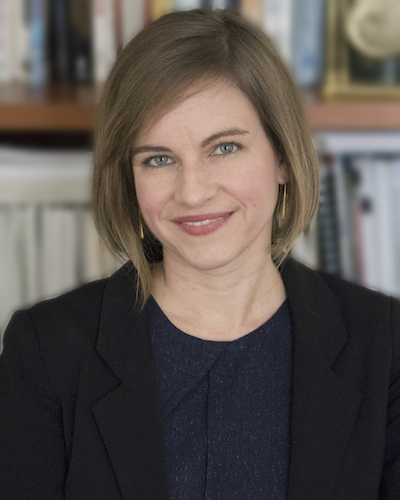
After stepping into the role of president and CEO of Vibrant Emotional Health in 2017, Kimberly Williams expanded several programs that enabled the city to respond to the mental health needs of residents during the coronavirus pandemic. To meet the growing demand for services such as National Suicide Prevention Lifeline, Disaster Distress Helpline and NYC Well – a mental health program serving over 300,000 New Yorkers annually – Williams oversaw her staff’s transition to remote work in the midst of a crisis.
16. Kelly Clarke
Program Director, NYC Well, Vibrant Emotional Health
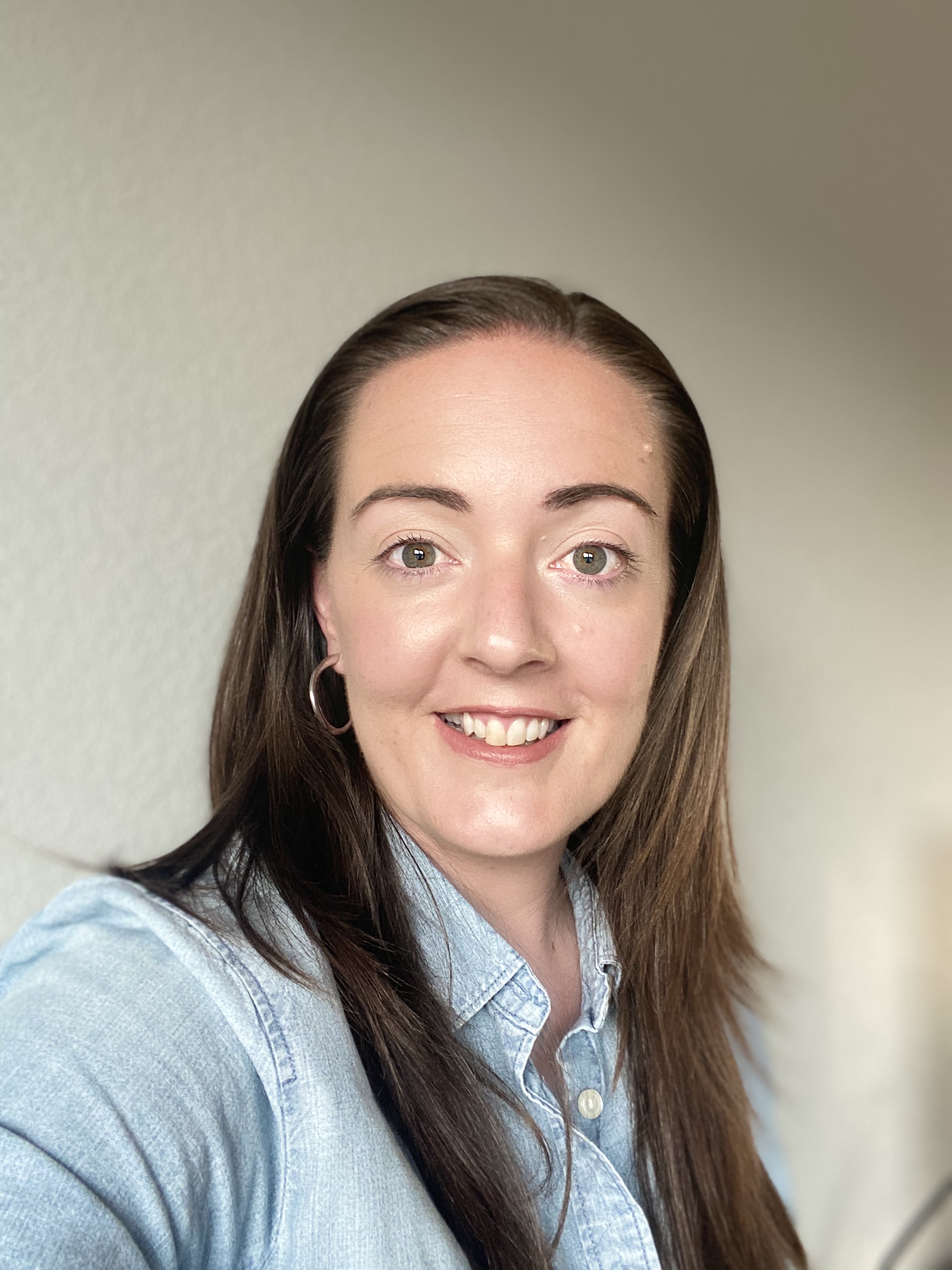
Under the leadership of Kelly Clarke, NYC Well’s 230 staff members transitioned to working remotely in the early weeks of the pandemic, continuing to provide New Yorkers with 24-hour support for mental and behavioral health. The program usually reaches between 1,000 and 1,200 people per day, but daily numbers shot up as New Yorkers sought help to cope with isolation, uncertainty, grief and economic hardship. In November, ThriveNYC announced that NYC Well staff members had responded to over 1 million calls, texts and chats since the helpline’s launch.
17. Tricia Hartnett
Interim Director of Operations, Suicide Prevention Center, New York State Office of Mental Health
Under the supervision of Tricia Hartnett, the Suicide Prevention Center of New York leverages 57 county coalitions across the state, combining clinical and public health approaches in school-based workshops to prevent suicide among youth and college students. The organization provides consultation to local and state agencies, professional organizations and school districts, training over 10,000 school personnel each year.
18. Myla Harrison
Acting Executive Deputy Commissioner, Mental Hygiene Division, New York City Department of Health and Mental Hygiene
Myla Harrison was appointed to her current role in February after spending two decades at the New York City Department of Health and Mental Hygiene, where she focused on improving the mental health of New Yorkers and the system that serves them. She is responsible for a budget of over $500 million, including programs and services that support New Yorkers living with mental illness, substance misuse and developmental disabilities, with a particular focus on eliminating racial inequities in mental health outcomes.
19. Linh An
Executive Director, Chinese-American Family Alliance for Mental Health
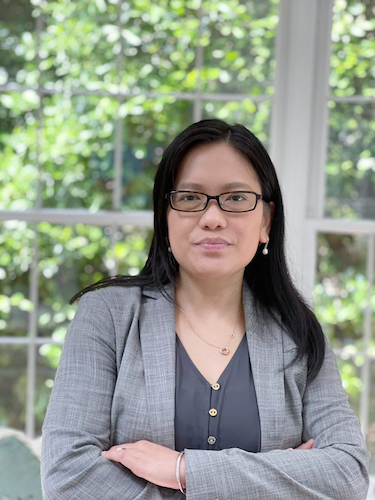
As anti-Asian sentiment and violent crimes have increased across the city, state and country, the role of mental health providers serving Asian communities has never been more vital. Led by Linh An, the Chinese-American Family Alliance for Mental Health raises community awareness about mental illness and encourages mutual support among Chinese-Americans afflicted with mental illness and their caregivers. To better serve the community during the pandemic, the organization began offering online caregiver support classes in both Mandarin and Cantonese.
20. Amit Paley & Gina Muñoz
CEO and Executive Director; Chair, The Trevor Project
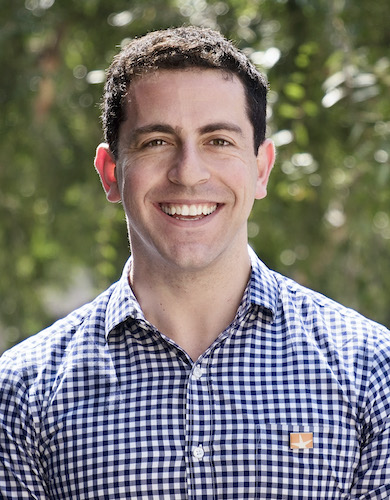
.jpg)
Since 1998, The Trevor Project has focused on preventing suicide among lesbian, gay, bisexual, transgender, queer and questioning youth. Amit Paley, who was named by the World Economic Forum as one of its Young Global Leaders in March, leads what is now the world’s largest suicide prevention organization for LGBTQ young people. In addition to operating a free, confidential hotline (the TrevorLifeline), the organization also provides training for counselors, administrators, school nurses and social workers. The organization’s chair is Gina Muñoz, an attorney as well as the director of provider information for the care management company at Montefiore Medical Center.
21. Ashwin Vasan
President and CEO, Fountain House
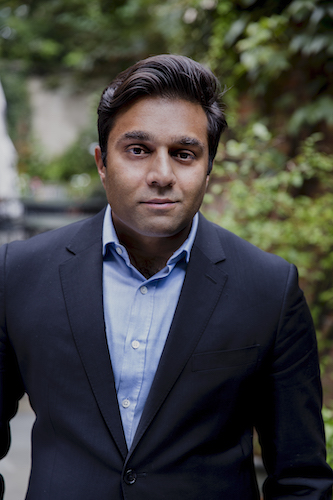
Under Ashwin Vasan’s leadership, Fountain House has led social justice efforts including addressing how police respond to mental health emergencies, as well as advocating for increased funding and support for community-based public health, housing, and social programs for people living with mental illness and those at risk of developing it. As a result of the organization’s advocacy efforts, the New York City Mayor’s Office recently announced funding initiatives to combat serious mental illness, including bolstering support for Fountain House and the coalition of programs it leads across the city.
Vasan is a member of City & State’s advisory board. He played no role in the ranking of this list.
22. Sebrina Barrett
Executive Director, Association for Community Living
After joining Association for Community Living in May 2020, Sebrina Barrett has led the organization through a challenging year helping its members provide safe housing to 40,000 New Yorkers living with mental illness. The organization has been leading the Bring It Home coalition, joining mental health advocates, housing providers, faith leaders and others to fight for state funding for community-based housing for people with psychiatric disabilities – most recently through an e-letter writing campaign.
23. Liz Roberts
CEO, Safe Horizon
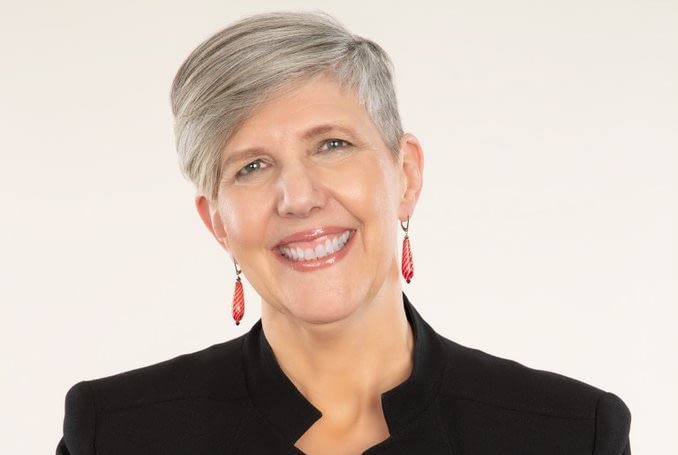
Safe Horizon, which bills itself as the largest victim services agency in the country, guides individuals subjected to violence on a path to recovery. One key element of those efforts is its counseling center, which is licensed by New York state as a mental health clinic focusing on trauma-focused treatment for survivors of all ages. Liz Roberts, who has held various roles at the nonprofit over the past decade, took the reins on a permanent basis in February, succeeding Ariel Zwang.
24. Donna Colonna
CEO, Services for the UnderServed
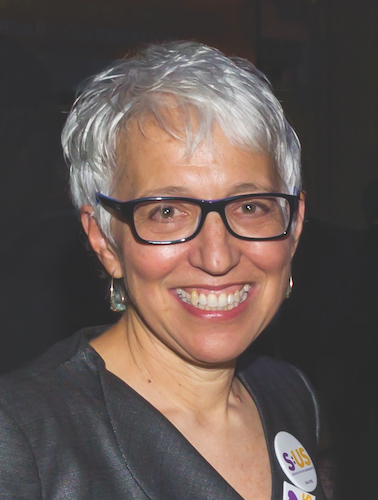
According to longtime leader of the nonprofit Services for the UnderServed, Donna Colonna, “We don’t empower people, we give people the tools to empower themselves.” Colonna’s organization serves New Yorkers struggling with mental illness, disabilities and homelessness, among other challenges, and has helped provide housing for vulnerable New Yorkers during the coronavirus pandemic. In 2020, she was appointed by Gov. Andrew Cuomo to the administration’s Medicaid Redesign Team II.
25. Mitchell Netburn
President and CEO, Samaritan Daytop Village
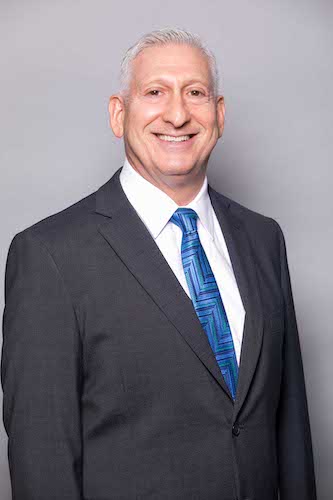
“Where Good Lives” is the motto of Samaritan Daytop Village, which for over 60 years has been providing treatment services to veterans, seniors, homeless individuals and others who are struggling – reaching more than 33,000 people per year. Trained in law and biology, Mitchell Netburn previously led Project Renewal and served as first deputy commissioner at the New York City Department of Homeless Services, where he oversaw supportive programs for 23,000 homeless New Yorkers.
26. Ronald Richter
CEO, JCCA
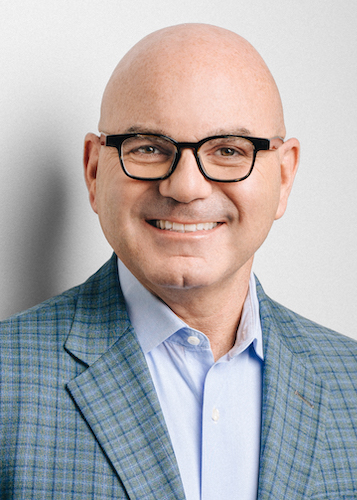
Under the leadership of Ronald Richter, JCCA (formerly known as the Jewish Child Care Association) launched a crisis fund during the coronavirus pandemic to support families in need with cash to pay for groceries, rent and other necessities, and worked with Jewish celebrities like Tiffany Haddish to offer virtual programming for children in the organization’s residential and foster home programs. JCCA provides comprehensive care to thousands of children suffering from abuse, neglect, poverty and mental illness.
27. Bill Baccaglini
President and CEO, The New York Foundling
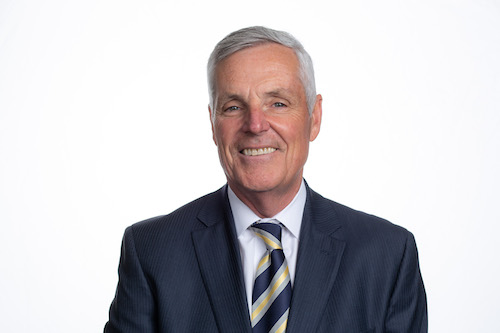
Under Bill Baccaglini’s leadership, The New York Foundling launched its School Based Mental Health Services initiative, partnering with public schools across New York City to ensure that at-risk students have access to mental health services and developing intervention plans for in-school counseling. Baccaglini previously spent more than two decades working in state government, helping create the state Office of Children and Family Services and leading initiatives to expand mental health services in the juvenile justice and child welfare systems.
28. Gary Belkin
Visiting Scientist, Harvard T.H. Chan School of Public Health
A leading international expert on the design of comprehensive policies and public health approaches to mental health, Gary Belkin served as executive deputy commissioner at the New York City Department of Health and Mental Hygiene, where he played a key role in developing ThriveNYC and oversaw the strategic policy direction for various other programs. His recent co-authored article in The Lancet discusses the long-term mental health ramifications of COVID-19.
29. Amy Monahan
Area Director, American Foundation for Suicide Prevention, New York City Chapter
Under the direction of Amy Monahan, the New York City Chapter of the American Foundation for Suicide Prevention has partnered with the New York Public Library to hold virtual presentations – including events in Spanish and events focusing on the LGBTQ community – that educate the public on suicide and suicide prevention. Perhaps the most well-known suicide prevention organization in the country, AFSP also raises money for research and supports those who have lost someone to suicide.
30. Alan Ross
Executive Director, The Samaritans of New York
Alan Ross is the longtime leader of The Samaritans of New York, having served as its executive director for the past three decades. The nonreligious community-based organization seeks to reduce suicide and provide assistance through a 24-hour suicide prevention hotline as well as educational and public awareness programs. The New York branch is part of a major network of hundreds of suicide prevention offices around the globe.
31. Nancy Harvey
CEO, Service Program for Older People
Nancy Harvey, who joined Service Program for Older People over 30 years ago and became its CEO in 2014, oversees a range of behavioral health care services for older adults, including bereavement support and counseling for substance use disorders. The organization was founded in 1972 and describes itself as New York City’s only agency “entirely dedicated to meeting the behavioral health needs of older adults.” SPOP has been offering services for anyone over the age of 55 via telehealth throughout the coronavirus pandemic.
32. Michael Walrond Jr. & Lena Green
Senior Pastor; Executive Director, First Corinthian Baptist Church; The HOPE Center
In addition to serving as the spiritual leader of his congregation at First Corinthian Baptist Church in Harlem, Michael Walrond has been a vocal advocate for more mental health services during the coronavirus pandemic. Several years ago he worked with the church to create the HOPE Center in Harlem. Led by clinical social worker and psychotherapist Lena Green, the center strives to minimize the stigma associated with communities of color seeking mental health services, while also providing supportive programs for those navigating depression, trauma and grief.
33. Oren Frank & Roni Frank
Co-Founders, Talkspace
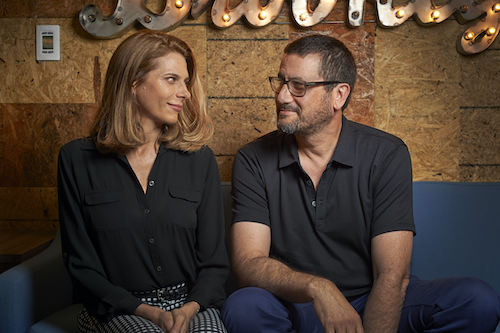
Not everyone feels comfortable seeking mental health services in person and many people, particularly the un- and under-insured, have difficulty paying for traditional talk therapy. Enter Talkspace, a mobile app created by husband-and-wife team Oren and Roni Frank in an effort to make therapy more affordable and accessible. Licensed therapists are on-hand 24/7 through the app – meaning that someone experiencing a crisis at 2 a.m. can reach out immediately instead of waiting until normal business hours – and the company has partnered with several major insurance companies.
34. Tomer Ben-Kiki
Co-Founder and CEO, Happify
Entrepreneur Tomer Ben-Kiki had a suspicion that people could use brief moments of spare time to build skills leading to lasting happiness, so he did what tech entrepreneurs do best: he created an app. Centered around the “science of happiness,” also known as the field of positive psychology, the Happify app relies on techniques developed by experts in psychology, mindfulness and cognitive behavioral therapy to create activities and games that – according to users – can improve mood, motivation and confidence.
35. Jeffrey Lieberman
Director, New York State Psychiatric Institute at Columbia University
Jeffrey Lieberman’s work – which also includes positions as chair of the psychiatry department at Columbia University and psychiatrist-in-chief at Columbia University Medical Center – has focused on advancing the understanding of psychotic disorders, leading to strategies for the early detection and prevention of schizophrenia. In addition to authoring or co-authoring over 600 scientific articles on mental illness, Lieberman has contributed to government policy and federal legislation to address mental health issues. He also delivered aTED Talk on stigma and mental illness.
36. Stephanie Le Melle
Director of Public Psychiatry Education, Columbia University Department of Psychiatry/New York State Psychiatric Institute
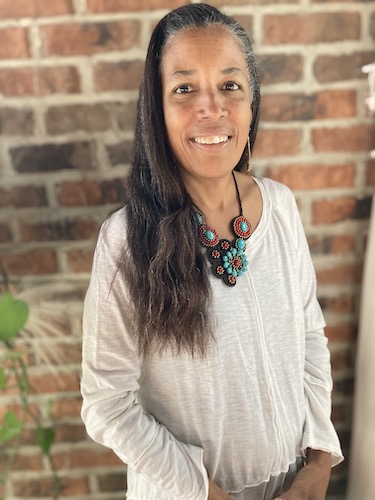
Public psychiatry, sometimes referred to as community psychiatry, refers to the care of people with complex mental health needs who are typically underserved and receive their treatment in public and community organizational settings. Dr. Stephanie Le Melle’s program at Columbia University Medical Center is training the next generation of psychiatrists in using a trauma and social justice-informed approach to better serve communities that tend to get left behind – with many of its over 400 alumni holding leadership positions nationwide.
37. Jennifer Havens
Interim Chair, Department of Child and Adolescent Psychiatry at NYU Langone
Led by Jennifer Havens, NYU Langone’s Department of Child and Adolescent Psychiatry connects clinicians, researchers and educators to advance the treatment of mental health and developmental disorders in children. One of its signature programs, WonderLab, uses smartphone apps to help families, doctors and researchers identify common early childhood social-emotional developmental and behavioral issues including anxiety, sleep problems and hyperactivity. Havens is also director of child and adolescent behavioral health in the NYC Health+ Hospitals’ Office of Behavioral Health.
38. Michael Lindsey
Executive Director, NYU McSilver Institute
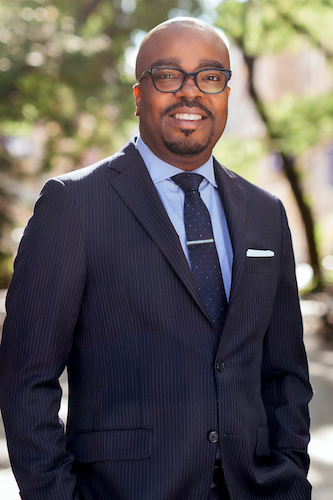
A prominent scholar in generational poverty and adolescent mental health, Michael Lindsey oversees a team of researchers studying the root causes of poverty and working to develop policy-based solutions. Last year, the institute provided training and technical assistance to 70% of all New York state organizations that deliver mental health services – reaching over 23,000 people. Lindsey also leads a group of experts that support the Congressional Black Caucus Emergency Taskforce on Black Youth Suicide and Mental Health.
39. Debbie Pantin
President and CEO, Outreach
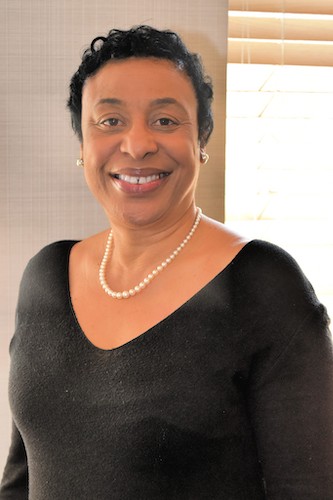
What began as a small assessment and referral center in a former candy store in Queens evolved to provide a comprehensive array of treatment programs 40 years later. In addition to providing youth and family support services, Debbie Pantin’s Outreach is a pioneer in community-based adolescent residential programs that treat clients recovering from substance abuse. The organization also provides training for behavioral health professionals, boasting the largest Credentialed Alcoholism and Substance Abuse Counselor training program in New York state. Pantin is also the president of the Alcoholism and Substance Abuse Providers of New York State.
40. Loree Sutton
Former Commissioner, New York City Department of Veterans' Services
A retired U.S. Army general and former mayoral candidate, Loree Sutton earned a Bronze Star for her actions in combat during Operation Desert Storm and went on to serve as the founding commissioner of New York City's Department of Veterans' Services, an agency that during her tenure housed hundreds of homeless veterans and established veterans as a protected class under New York City human rights law. Sutton also played a key role in building out veterans-specific programs at nonprofit organizations like Fountain House.
41. Amanda Spray
Director, Steven A. Cohen Military Family Center at NYU Langone
The stress and trauma of the coronavirus pandemic have been felt acutely by the front-line health care workers caring for not only themselves and their families, but also their entire city – and Amanda Spray is among the experts studying efforts to bolster the mental health resources available to them. Spray is director of an NYU Langone organization providing free mental health services to veterans who are struggling with unemployment and other difficulties, as well as to their family members.
42. Hawthorne Smith
Director, Bellevue Program for Survivors of Torture
A project of Bellevue Hospital, since 1995 the Bellevue Program for Survivors of Torture has helped nearly 6,500 people from over 112 countries rebuild their lives. Hawthorne Smith, who has served as director of the program since 2019, is a professor in the psychiatry department at the NYU School of Medicine and also provides human rights consultations and other services for private legal firms and for the U.S. government.
43. Claire Green-Forde
Executive Director, National Association of Social Workers New York City Chapter
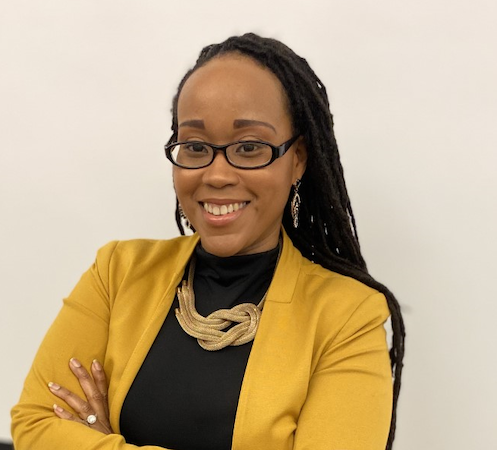
As a self-proclaimed “unapologetic social justice advocate,” Claire Green-Forde has focused her career on the intersection of behavioral health, criminal justice, social disparities, trauma and human development. In her previous role as the director of Behavioral Health Services for the New York City Department of Probation, Green-Forde, a licensed clinical social worker, led a team of citywide clinicians and played a key role in building the department’s Behavioral Health Division.
44. Ann-Marie Louison
Chief Strategic Initiatives Officer, Center for Alternative Sentencing and Employment Services
.jpeg)
When Ann-Marie Louison joined CASES, the criminal justice organization strongly focused on mental health in 1999, it was to launch the award-winning Nathaniel Project. Over the following 16 years, she oversaw this alternative-to-incarceration program for adults with serious mental illness that have been convicted of felony crimes. Louison has served as chief strategic initiatives officer since 2017 and now manages the agency’s response to criminal justice and health care reforms.
45. Susan Wiviott
CEO, The Bridge
Susan Wiviott became CEO of The Bridge in 2014 after more than two decades working in public service, and oversees the operation of over 40 programs for adults with mental illness in the Bronx, Brooklyn and Manhattan. Founded in 1954 and now a $65 million agency, every year The Bridge provides behavioral services and housing for 3,500 New Yorkers. “This is what I would say about our clients: People don’t see them," Wiviott told Vice in 2017.
46. Rosa Gil
Founder, President and CEO, Comunilife
Led by Rosa Gil, a former NYC Health + Hospitals chair, Comunilife focuses on providing housing and supportive services for at-risk or homeless Latino New Yorkers. Finding that many issues their clients faced began with an inability to secure safe and affordable housing, Comunilife launched transitional and permanent housing programs aimed at homeless adults living with mental illness, HIV and other chronic illnesses – including an 89-unit residence that opened in 2019 on the Woodhull Medical Center campus in Brooklyn.
47. Thelma Dye
Executive Director and Chief Executive Director, Northside Center
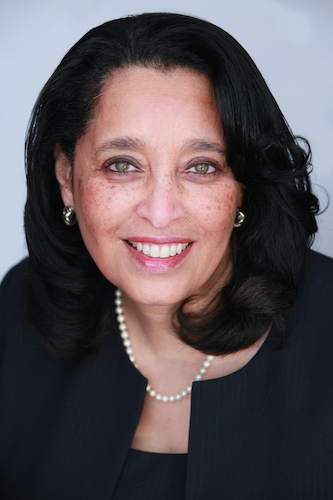
Founded by pioneering psychologists who showed how racial inequality negatively affects children’s self-esteem, the Northside Center has provided distinguished behavioral health and education services for over 70 years. The organization’s executive director since 1994, Thelma Dye has also worked as a clinical psychology consultant for schools and health care organizations. She oversees programs that serve over 1,500 children and their families annually in Harlem and the Bronx.
48. Christian Huygen
Executive Director, Rainbow Heights Club
Trained as a clinical psychologist with roots in San Francisco’s LGBTQ community, Christian Huygen has run the Brooklyn-based organization providing support and advocacy programs for lesbian, gay, bisexual and transgender people with mental illness since 2002. Through the organization’s E/Quality Care Program, he has provided training at over 200 agencies, hospitals and clinics to help them effectively meet the needs of thousands of LGBTQ people in recovery.
49. Dior Vargas
Mental Health Activist
Dior Vargasis an advocate and educator – and a self-described queer Latina feminist mental health activist – who has spent the past decade helping organizations, corporations, and universities understand and respond to the needs of people of color with mental illness. As a member of the health working group for the New York City Council’s Young Women's Initiative, she focused on how the city could prioritize the needs of young women, and particularly young women of color. In 2019, she released a photo essay book titled “The Color of My Mind: Mental Health Narratives from People of Color.”
50. David Carlucci
Former Chair, State Senate Committee on Mental Health and Developmental Disabilities
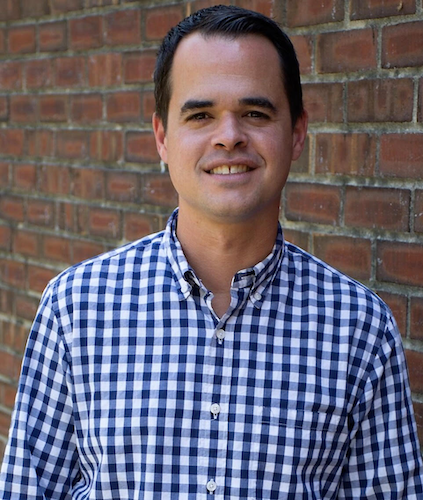
Serving in the state Senate between 2011 and 2020, David Carlucci focused on mental health care and substance abuse policy, including as chair of the Mental Health and Developmental Disabilities Committee beginning in 2013 and as co-chair of a joint task force on opioid addiction and overdose prevention. Since he left office at the start of the year, he has continued to use his expertise as a consultant for organizations navigating local and state mental health care bureaucracy.
Corrections: An earlier version of this post incorrectly described the state's mental health helpline as text-based. An earlier version of this post also had an outdated title for Donna Bradbury and incorrectly stated that she oversees New York Project Hope, a state crisis hotline for coping with the coronavirus pandemic. An earlier version of this post also described the Bellevue Program for Survivors of Torture as a joint program of Bellevue Hospital and NYU. It's now solely a Bellevue program.
NEXT STORY: The 2021 Albany Power 100: 51-100
